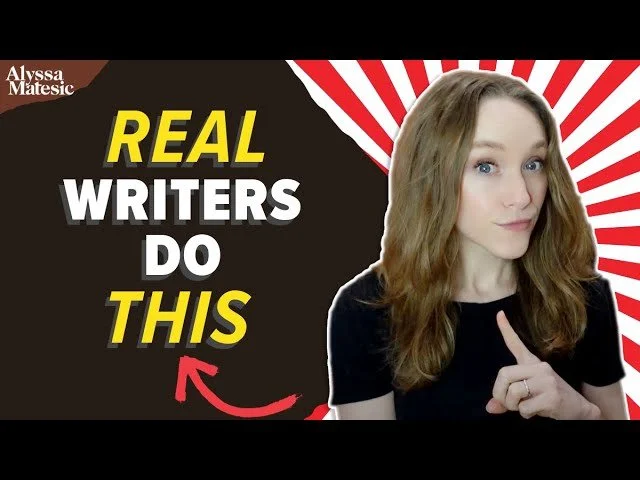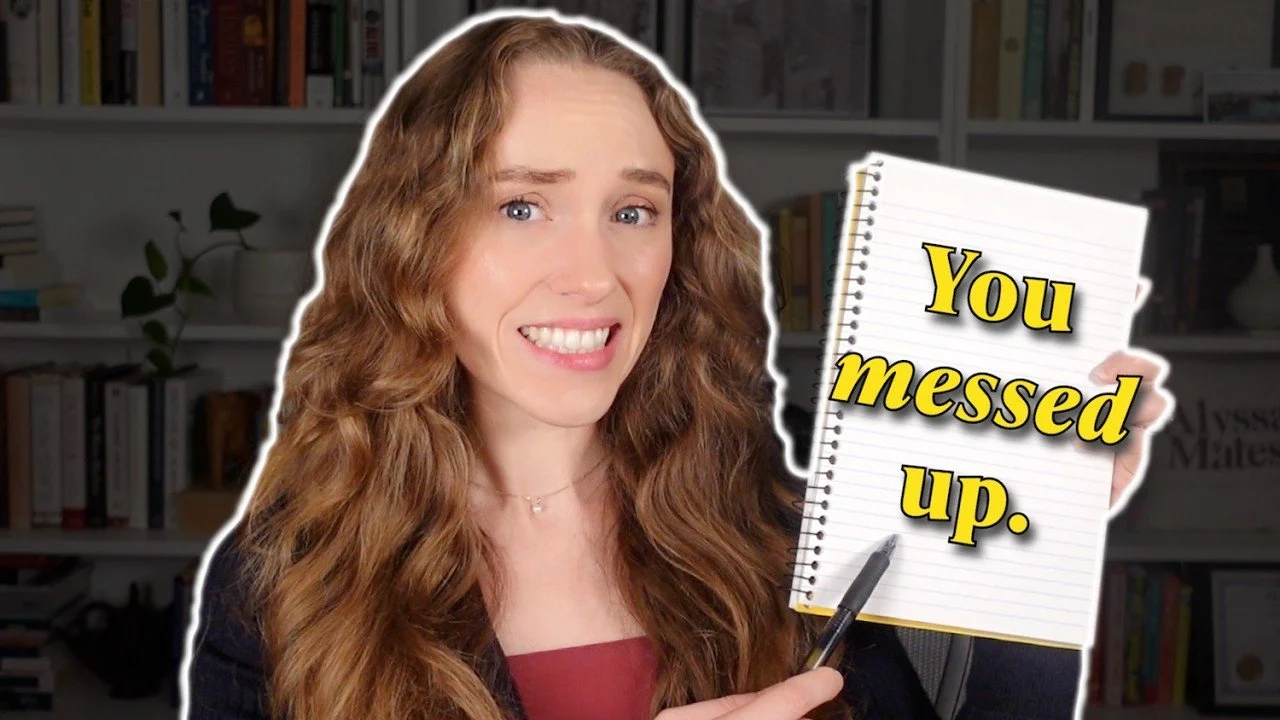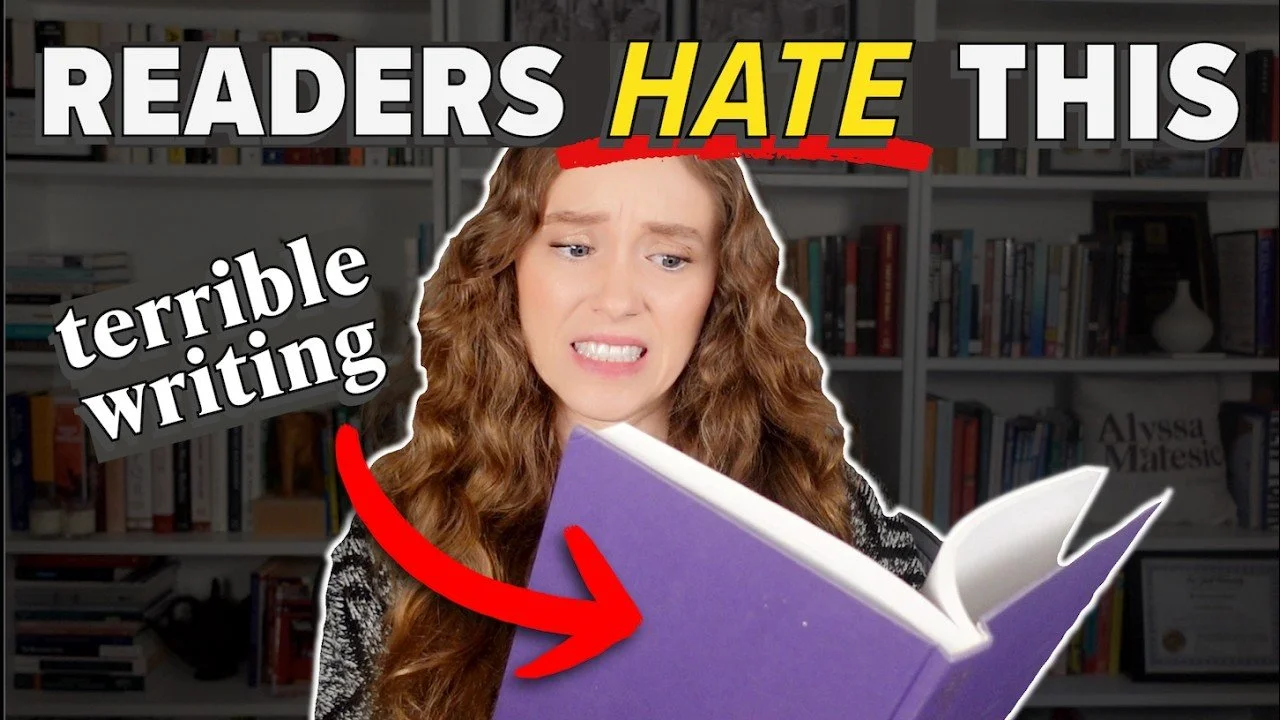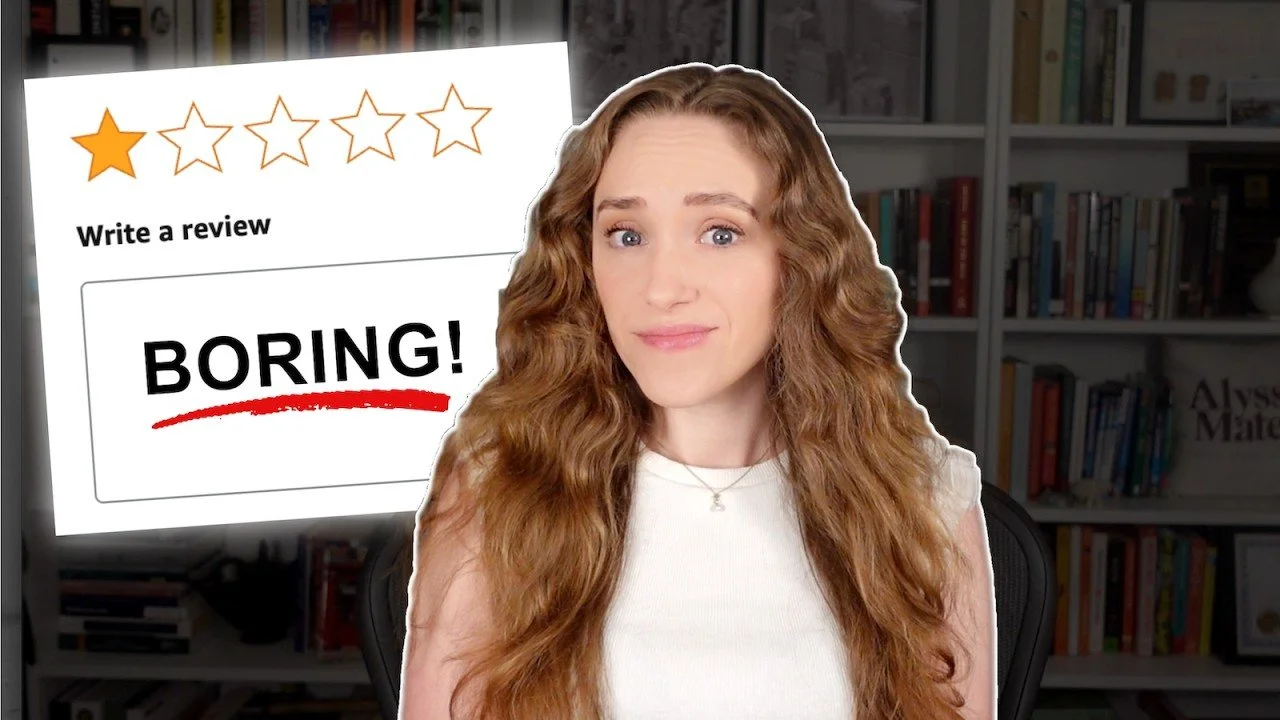How to Read Like a Writer (& Revolutionize Your Writing Practice)
HIT PLAY OR READ THE POST BELOW:
If you’re a writer, you should also be a reader — the two go hand in hand.
It might sound obvious, but not necessarily everyone who says they want to be a writer actually reads books or reads as much as they should. Can you imagine a musician who never listened to music or a film director who never watched anyone else's movies?
Sometimes I hear from aspiring authors who say they don't read at all or haven't read since they were required to read in high school. My advice in this case is always the same: pick up a book, any book, because you absorb so much about the craft of storytelling simply from reading. And that's why I think it is so crucial that anyone who calls themselves a writer also considers themselves a reader.
Why It’s So Important to Read Like a Writer
Learning how to read like a writer is a critical skill that's going to immensely strengthen your storytelling abilities (and it’s a a way you can improve your writing for free). Whether you think consciously about how the sausage got made or not as you're reading, it is going to impact your own approach to your work. And that's a good thing.
I don't think you need to be overly prescriptive in what you read or how you read it. It could be a classic book; it could be a bestseller; it could be a lesser-known, more obscure book. It could be traditionally published or self-published. It could be an audiobook or an ebook or a physical book. It could be within the genre you're writing in or outside of it.
That said, I would recommend reading other novels if you're writing novels and reading non-fiction if you're writing non-fiction. And if you're interested in pursuing traditional publishing, I would focus your reading efforts on books that have been published within the past five or so years, because that is going to help you get a sense of readers’ current appetites and the publishing landscape you will be entering.
How to Read Like a Writer
Here’s a framework to maximize the benefits of reading on your own writing practice. Being just a little bit more reflective and intentional when you're thinking about what you're reading and what you responded positively and negatively to is going to work wonders for your own writing.
1. Study the Characters
Which characters in the book did you like and which did you hate? And can you pinpoint what you liked about them and what you hated about them?
Try to figure out how the author elicited that emotional response in you, whether it's good or bad. What did they put into the story that made you feel that way toward these characters? Did the character do something that made you not like them anymore, or do you not like their tone or the way they phrased things? How does the author tactically convey the characters' personalities, their voices, the language that they use, etc.? For fiction, character is so important, so studying the characters that give you a strong emotional response when you're reading are going to help you craft more compelling characters in turn.
2. Look at How the Story is Told
When reading like a writer, note the author's overarching structural choices. What point of view is the novel written in, and did you find that point of view effective, or did you wish that the narrative was either closer to the characters or more detached from the characters? Did you feel like we got into the character's heads as much as we wanted to, or could it have been pushed further?
Think about what tense the story is written in. Is it in past or present, and how did that affect your experience of the story? Was this a single storyline novel, or did it encompass multiple storylines? And in the case of multiple storylines, were you equally invested in all the storylines, or did you gravitate more towards some rather than the others?
3. Analyze Their Writing Style
Can you describe their writing? Is it lyrical and atmospheric, or is it swift-moving and punchy? Do they use a lot of figurative language, or do they stick to plainer language? And again, what effect does this have on you as the reader?
This is the one area of analysis that I recommend doing as you're reading versus thinking about it after you finish the book. It can be super helpful for you to note or highlight passages that strike you as you are reading. Maybe copy them into your notebook or highlight them on your e-reader or underline them if you're reading a physical book. Then take a little note on what you liked about this passage. What kind of tone or mood does the author's language create? And how are they using language to convey a certain emotional effect? How are their words actually achieving that emotional effect?
4. Consider the Genre
Something else to think about as you're reading like a writer is the genre. Did this book match your expectations for the genre? What genre conventions did it include and which did it exclude or turn on its head? Does it include any genre-specific tropes or clichés? What does it add to the genre that makes it new or different?
More broadly, think about if this book delivered the experience that you thought you were signing up for when you picked it up and looked at the genre. Did it match your expectations, or did it feel like a bait and switch? This is really important for you to consider when you are thinking about how you're going to present your own genre and pitch, because of course you want your book to deliver the reading experience that the reader is seeking. So, analyzing whether a book did that for you or not is a great way to figure that out.
This isn't about copying another author's style at all or writing something derivative. It's also not about finding some formula that worked in another book and then trying to match it in your own book exactly. There's no one way to write. But taking inspiration from and learning from others is part of engaging in an artistic craft. It's part of what makes you a writer.
I recommend thinking about all of these elements for a wide variety of books you’ve read, including those within your genre and outside of your genre. The more stories that you engage with, the more you're going to absorb and then be able to play with and experiment with in your own work.
And if you haven't read in a while, that's totally fine. But I hope that this has inspired you to pick a book up soon!
Thank you so much for reading, and happy writing!






